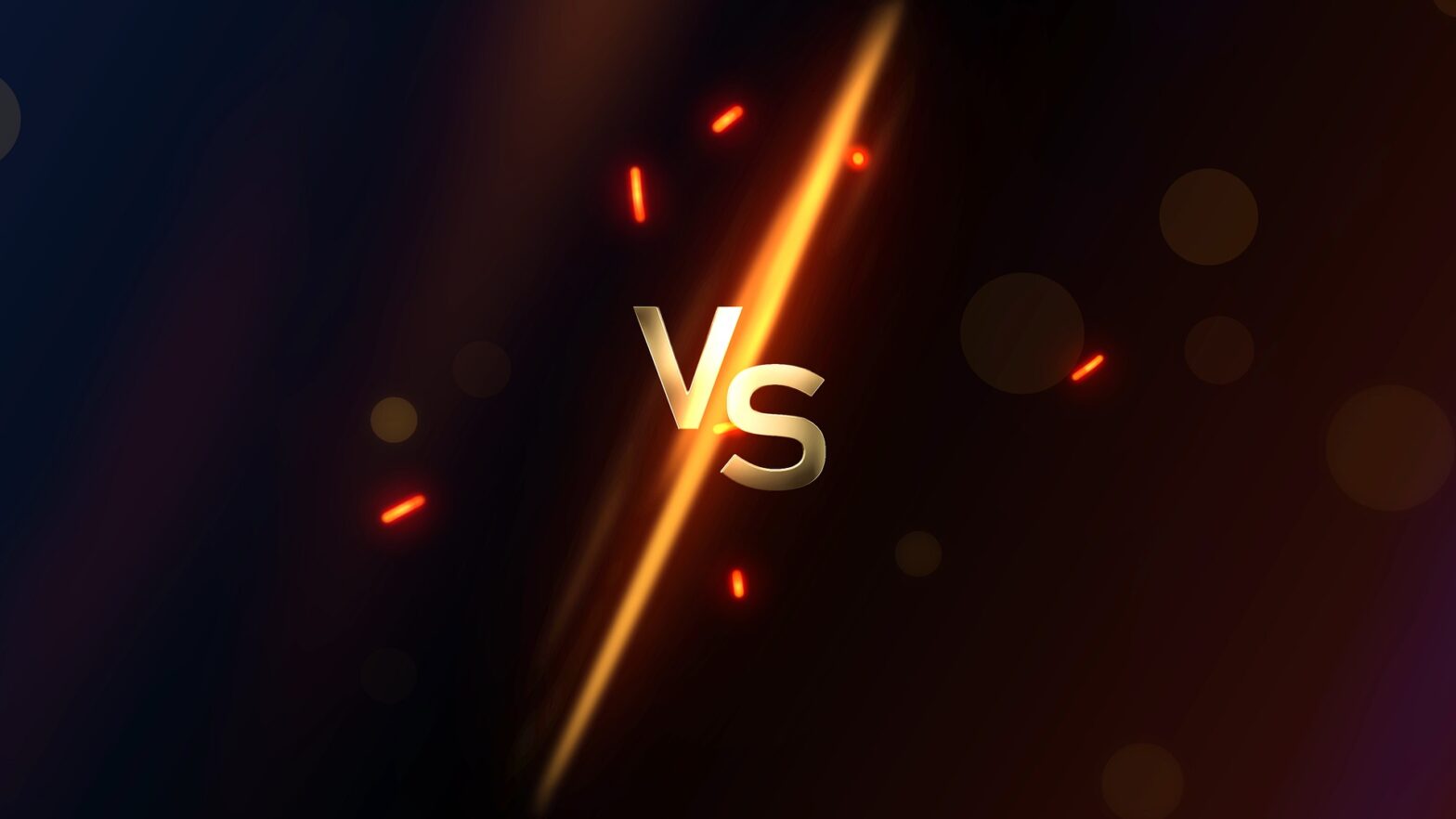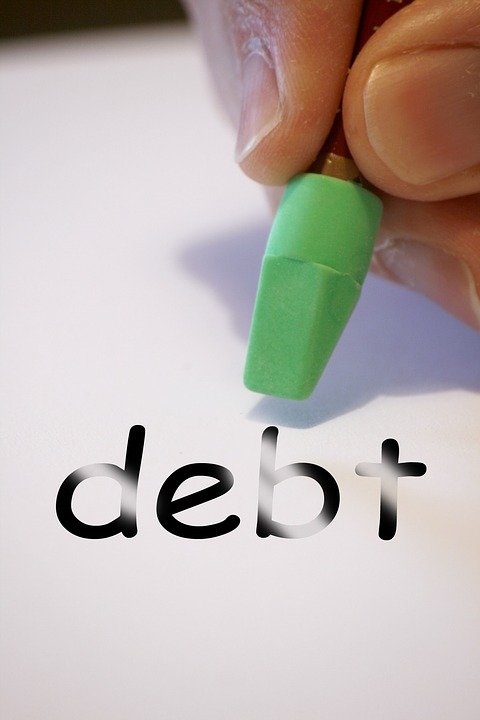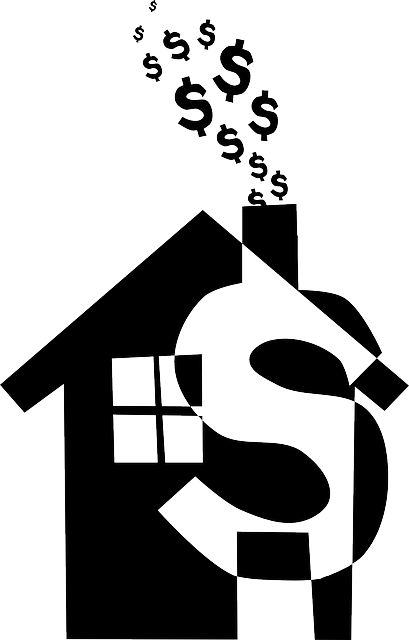Chapter 7 and Chapter 13 are two types of consumer bankruptcy under U.S. law. Both are designed to help individuals struggling with debt to either eliminate or reorganize their debt. The main differences between the two are outlined below.
Category: Chapter 13 bankruptcy
Best vs Worst time to file a Utah bankruptcy?
It’s important to note that timing is not the only factor to consider when deciding to file for Utah bankruptcy. You should also consider the type of bankruptcy that’s best for your situation, the costs associated with filing, and the long-term impact on your credit.
Medical Debt Utah Bankruptcy
41% of Americans have medical debt; 6% of adults owe more than $1,000 worth of medical debt; 1% owe more than $10,000. Medical debt in Utah is a significant financial issue for many people. Utah medical bankruptcy may help.
Will my Ex find out about my Utah bankruptcy?
It’s worth noting that even if your Ex is not directly notified of your Utah bankruptcy, they may still find out through other means, such as through mutual friends or by checking your credit report.
Keep My RV In Bankruptcy
Whether or not you will lose your RV if you file for bankruptcy depends on the type of bankruptcy you file and the laws of the state where you live.
Danger: Don’t Rely on Free Online Bankruptcy Advice
Information is good but remember you need to rely on a local experienced bankruptcy lawyer so you get the best legal outcome possible.
Tough Financial Challenges
When debt issues arise in Utah, having experienced legal help can provide a path to get into a better situation during a tough financial challenge. Utah has turned to the Utah Bankruptcy Guy during tough financial challenges for more than 25 year.
Ways To Stop Foreclosure In Utah
Do you see a foreclosure on the horizon? Here are 5 ways to stop foreclosure before it starts. Foreclosure is a major crisis for most families in Utah. We can help. You have options to help keep you and your family from losing your home. You can get out of debt without losing everything!
Loan After Your Bankruptcy
The waiting period on getting a loan after your bankruptcy can vary depending on a host of factors, but a big one is the type of bankruptcy you experienced. With a Chapter 7 bankruptcy, lenders typically wait two years after the date of discharge. As for Chapter 13 bankruptcy, you may be eligible for a VA loan just 12 months removed from the filing date.
What Should I Do I Just Got A Wage Garnishment Notice?
You need to understand that when employer gets that wage garnishment order, by law they must begin withholding 25% of your take-home pay right away. The papers say there is a period of time before a response is due but that just means your employer has to keep the money collected until they get an order telling them where to send the money.









